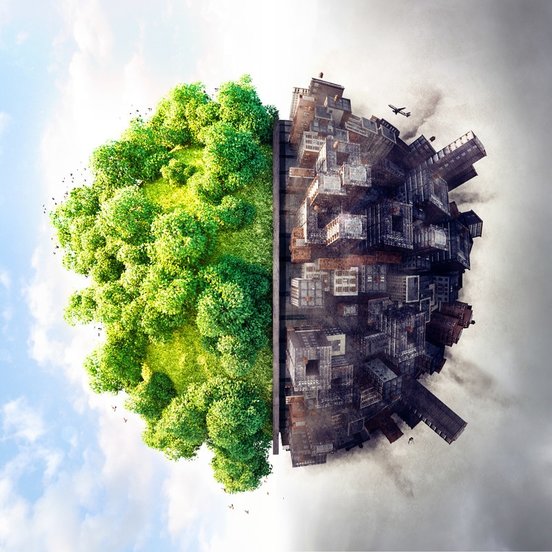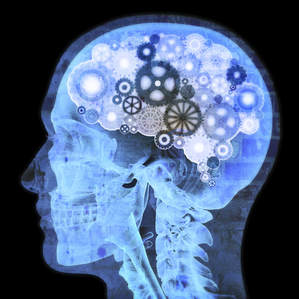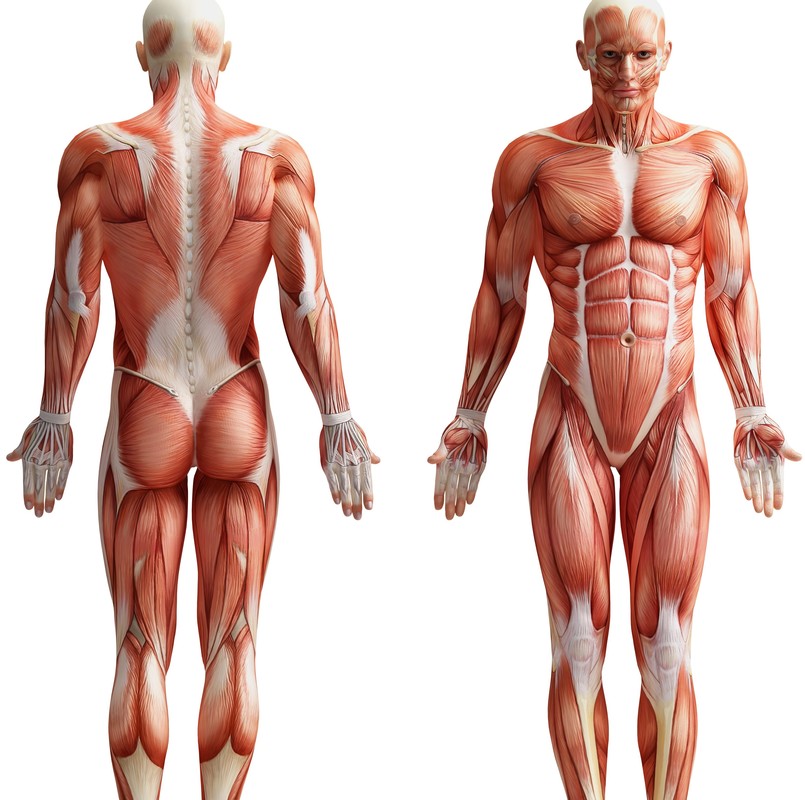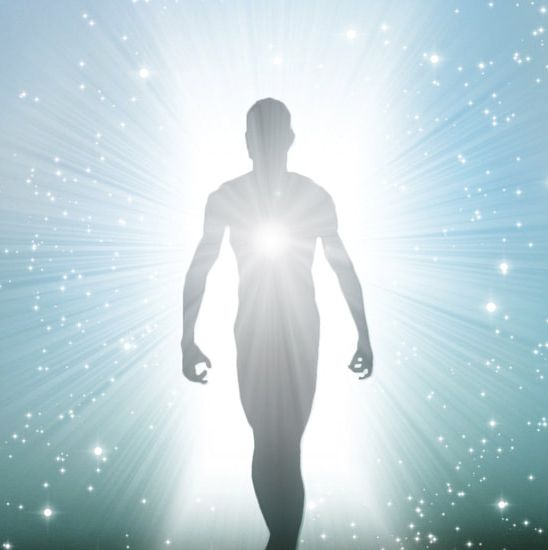You are important
We all need new lifestyles, that which align with our values.
What Do You Value?
What you do is based on what you value. Do you value your health? Do you value your community? Do you value the environment? The efforts of mankind appear to value efficiency, however, this has lead us down a road of destruction. Expanding at an exponential rate, technology is and has been core to our evolution, but this rate is not equal to the rate in which it improves, or remains in balance with, nature. Technology has allowed the human species to turn wielded fire into more advanced applications, from steam engines to nuclear power, eventually permitting humans to advance into outer space. While these are astonishing technological feats, creating technology that damages the ecosystem will directly threaten your ability to live. Therefore, it is clear that we are not thinking ahead. Collectively, we are using short-term gains at the expense of long-term consequences. Our values have become altered, causing a chain reaction that has placed us and the planet in a state of chronic disease, diminishing the quality of life of present and future generations. But it doesn't have to be this way - we can sustainably use technology in harmony with, to preserve, nature.
Quality of life: perception of an individual's position in life in the context of the culture and value systems in which they live and in relation to their goals, expectations, standards, and concerns
In major cities, we humans have separated ourselves from nature to the point where we are not threatened for our lives, as our innate instincts have prepared us. We do not appreciate every moment, as if it was our last. This luxury has permitted us to "turn off" our inherent abilities. It is as if we have developed a false sense of security, insulating us from our primal behaviors, and preventing us from feeling fully conscious. Our culture, that has developed over the course of thousands of years, is simply nonexistent. Due to mainstream culture, we have an increasingly distorted perception between our "wants" and our "needs". We are an organism that feeds off of the planet, therefore we must take care of the planet to continue the symbiotic cycle, otherwise one organism or the other will become parasitic. We are a part of this web called the ecosystem, but this point of view is difficult to see in our modern society. We are directly responsible for these changes that we observe. We must understand that the health of our planet reflects the health of our own bodies. Our separation from nature is very apparent in the modern world, and has contributed to the rise in chronic disease.
Examine Your Lifestyle
Human beings tend to live in a sort of autopilot existence, moving from activity to activity, doing what comes next without thinking much about it. When you begin to move outside of reaction in life and into action, you are fully present to the world around you, and make mindful decisions rather than mindless ones. Awakening and evolving and enjoying your life is first and foremost a matter of knowing yourself and what makes you feel most alive.
An important task on the path to wellness is going to be looking at some of the physical and emotional blockages that keep people in pain or feeling stuck. From the time you were a child, if you were to survive, you learn to mask some of your more difficult feelings. Be it conditioning or what have you, you learn to push away challenging or uncomfortable feelings. Fortunately, humans have developed some of the best defenses: cognitive dissonance, denial and repression. Trouble is, repressed emotions get stuck in the body causing anxiety, depression, and/or a whole host of other physical manifestations.
Ironically, perhaps, repressed (denied) feelings don't ever disappear; in fact, they do the opposite. The more you try not to feel something, the more life seems to provide events that will trigger the exact emotion you don't want. This may indeed be our own inner wisdom pulling you forward in your evolution by attracting exactly those situations that will make you face the repressed feelings head on.
An important task on the path to wellness is going to be looking at some of the physical and emotional blockages that keep people in pain or feeling stuck. From the time you were a child, if you were to survive, you learn to mask some of your more difficult feelings. Be it conditioning or what have you, you learn to push away challenging or uncomfortable feelings. Fortunately, humans have developed some of the best defenses: cognitive dissonance, denial and repression. Trouble is, repressed emotions get stuck in the body causing anxiety, depression, and/or a whole host of other physical manifestations.
Ironically, perhaps, repressed (denied) feelings don't ever disappear; in fact, they do the opposite. The more you try not to feel something, the more life seems to provide events that will trigger the exact emotion you don't want. This may indeed be our own inner wisdom pulling you forward in your evolution by attracting exactly those situations that will make you face the repressed feelings head on.
Private Victories Precede Public Victories
Building a better world will not follow a linear progression. It begins by empowering oneself, having the will and making wise choices to achieve optimal health and wellness. With the rising epidemic of chronic disease, it is clear that we must first help ourselves before we can expect to help others. Chronic disease is an umbrella, composed of numerous diseases (e.g., heart disease, cancer, stroke, Alzheimer's, diabetes, etc.) that combine to form more than 75% of the leading causes of death (U.S. Department of Health and Human Services, Centers for Disease Control and Prevention, National Center for Health Statistics, 2016). People with chronic disease have been consistently identified as having worse health-related quality of life compared to people without chronic disease (Tyack et al., 2016). However, there are some options to prevent chronic disease. A number of dynamic, modifiable factors are responsible for many premature or preventable diseases and deaths. Modifiable risk factors fall into three main groups (Danaei et al., 2011):
The information and subsequent steps to progressively modify these, and many other health-related, risk factors have been separated into three broad interdependent categories, composing of the mind, body and spirit.
- Lifestyle risk factors, such as tobacco smoking, physical activity, and alcohol use.
- Dietary risk factors, such as a high salt intake or a low intake of fruits and vegetables.
- Metabolic risk factors, such having high blood pressure or blood cholesterol and being overweight or obese.
The information and subsequent steps to progressively modify these, and many other health-related, risk factors have been separated into three broad interdependent categories, composing of the mind, body and spirit.
References
Danaei, G., Ding, E., Mozaffarian, D., Taylor, B., Rehm, J., Murray, C., & Ezzati, M. (2011). Correction: The Preventable Causes of Death in the United States: Comparative Risk Assessment of Dietary, Lifestyle, and Metabolic Risk Factors. Plos Medicine, 8(1). http://dx.doi.org/10.1371/annotation/0ef47acd-9dcc-4296-a897-872d182cde57
Tyack, Z., Frakes, K., Barnett, A., Cornwell, P., Kuys, S., & McPhail, S. (2016). Predictors of health-related quality of life in people with a complex chronic disease including multimorbidity: a longitudinal cohort study. Quality Of Life Research, 25(10), 2579-2592. http://dx.doi.org/10.1007/s11136-016-1282-x
Tyack, Z., Frakes, K., Barnett, A., Cornwell, P., Kuys, S., & McPhail, S. (2016). Predictors of health-related quality of life in people with a complex chronic disease including multimorbidity: a longitudinal cohort study. Quality Of Life Research, 25(10), 2579-2592. http://dx.doi.org/10.1007/s11136-016-1282-x






